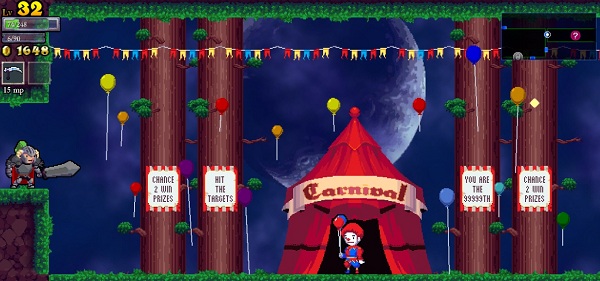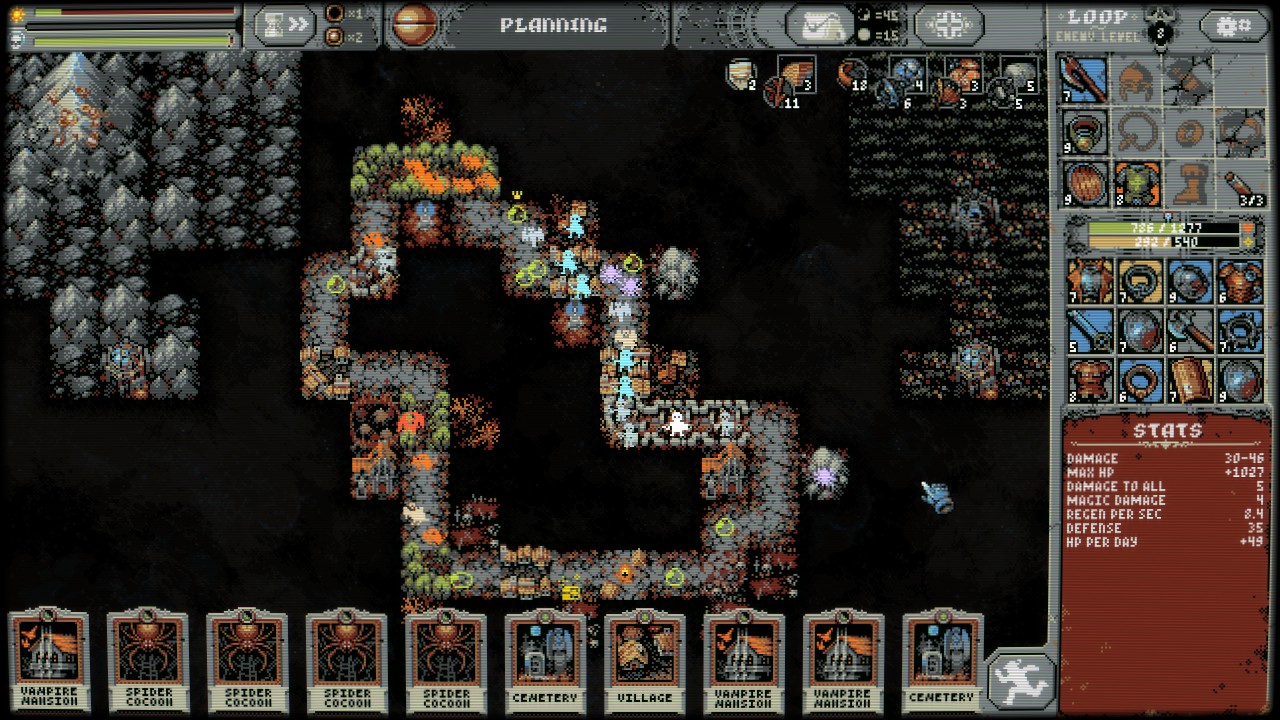

Rogue legacy lich upgrade#
In order to improve your chances of clearing the enemies in the castle, you need to invest the money found during your run in the upgrade menu.

You do not start with all those classes unlocked though. The Traitor class cannot be bought via the normal menu but is unlocked after a number of boss challenges. There is also the Traitor class, functionally the final boss as a playable character, which comes with three special spells that only that class can use.The fireball projectiles do cost mana, but the Dragon also regenerates mana at a very fast rate. This class comes with a permanent fly mode and trades the usual melee attacks against fireballs. The Dragon is the last class that you can unlock via normal means.After the upgrade, they can also cast spells as empowered versions for double the mana. The Spellthief/Spellsword is yet another magic user, but one that profits from going into melee since 30% of the damage inflicted in melee is added to your mana.The Lich/Lich King/Lich Queen are an unusual magic option that starts with low health but gains permanent extra maximum health per kill which can later be used to increase the mana pool via their skill.The Miner/Spelunker(ette) is not talented in combat at all, but instead fetches more gold from all sources which could make picking them worthwhile if you need some easy money.The Shinobi/Hokage class is equally squishy as the Knave/Assassin, but instead of scaling with crits the class cannot crit at all but has higher damage output in general.Knaves/Assassins are the rogue class of the game, work well with crits and can temporarily turn into mist to avoid enemies.The Mage/Arch Mage class is magic-focussed, meaning less physical prowess higher mana and magic ability, and can switch through various spells after being upgraded.The Barbarian/Barbarian King/Barbarian Queen has more health than any other class at the cost of lower damage and little magic ability, and can do a “Skyrim”-esque shout to shove back enemies.The Knight/Paladin is the jack of all trades-character and enters the fray with a shield that allows them to block opposing attacks rather than dodging them.The upgrade will introduce a new skill to each class, but the basic gameplay pretty much stays the same. Each class has a base version and an upgraded version. However, your characters are not all the same, but instead invested their time honing different skills and this is where classes come into play.

The game basically restarts, giving you the option to pick one out of three characters, and challenge the castle anew. Upon dying against the various perils the castle has to offer, your character may succumb but your descendants will take up the slack for their fallen family member. In “Rogue Legacy”, you do not simply play one character but rather an entire bloodline of knights. The story of Johannes is told to you via diary entries that you can find in the dungeons, but for the time being your main focus is actually surviving the gauntlet in front of you. The reasons to why Johannes killed the king remain unknown for the time being, but to clear the name of your dynasty, you need to confront the traitor, which means getting to him through the various dungeons ahead of you. A button prompt asks you to press attack, you press the button, and Johannes the knight has become a kingslayer. After a short section inside the castle, you end up in the throne room, with a king standing at the far end of the room.
Rogue legacy lich how to#
In the sepia-toned tutorial level, you get to know the basics of how to steer your character, meaning movement and attacking. The story of “Rogue Legacy” is simple: The game starts with a flashback to the knight Johannes, the first character to start your long lineage of castle clearing and monster bashing. So, for the twentieth post this (Bl)August, let me tell you about “Rogue Legacy”.

The game is pretty challenging, but the fact that every try helps a little to make things go smoother next time is enough motivation for me to keep the runs going and eventually succeed at killing the man that tarnished the family name in the first place. One example is “Rogue Legacy”, a 2-D platformer with a grinding component in which you take on the challenge of a massive dungeon in order to clear the name of your family all while collecting money to improve your character(s), die during the run, and then try again with the offspring of your former character. However, there is still some DNA of those games in titles that I genuinely enjoy. I can understand why people are playing games of the genre, do not get me wrong, but I tend to grow frustrated by the difficulty of near-impossible jumps are rather than becoming motivated enough to keep trying.


 0 kommentar(er)
0 kommentar(er)
